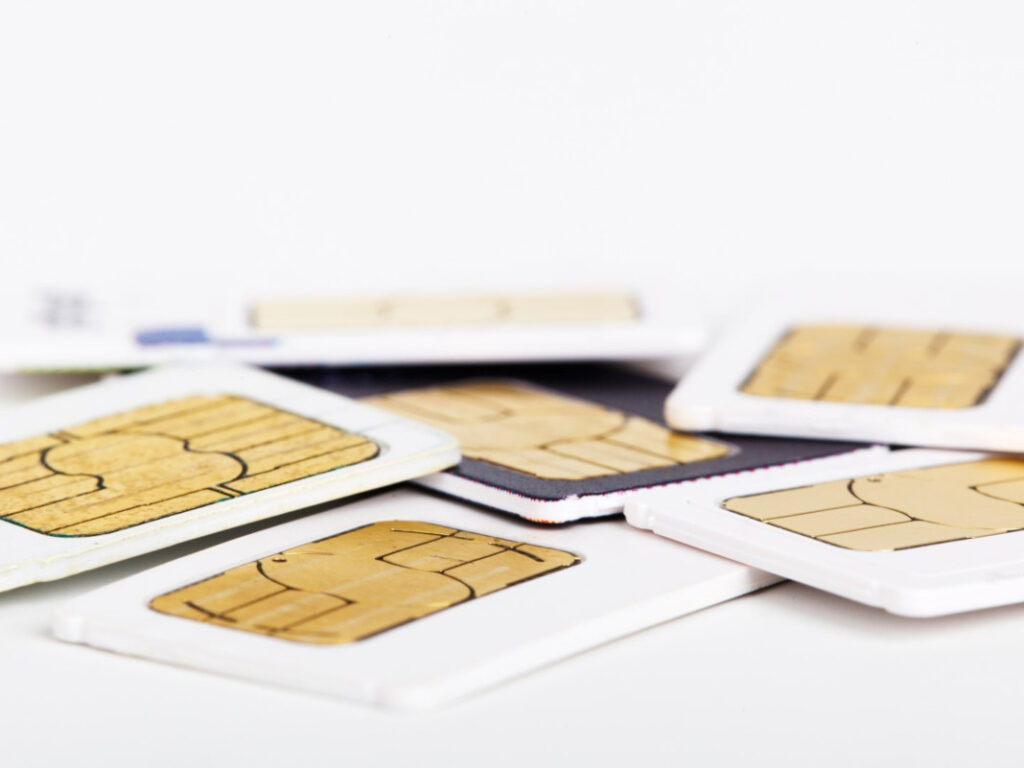The fact that a prepaid SIM card has something to do with human rights is not obvious at first glance. Nevertheless, the European Court of Human Rights now had to deal with the issue. However, the judgment was not in the interests of the plaintiff.

The background to the ruling is the ban on anonymous SIM cards in Germany. The plaintiff’s allegation: The collection of the data collected would violate human rights. The reason: The compulsory identification when buying a prepaid card endangers free and unbiased communication and internet use. So it now reports netzpolitik.org.
The lawsuit goes back to MEP Patrick Breyer from the Pirate Party. He had already lodged a complaint in 2012. His constitutional complaint was rejected before the Federal Constitutional Court.
IDENTIFICATION REQUIREMENTS ARE INTENDED TO PREVENT USE BY TERRORISTS
Since 2004, mobile phone providers in Germany have had to record the name and address of the buyer on prepaid cards. Since the summer of 2017, the buyer has also had to provide proof of this data by means of an identification document . An anonymous purchase of a SIM card is still possible, but at the latest when the card is to be activated, the user must show an identification document. Politicians want to prevent terrorists from using anonymous SIM cards.
However, the plaintiff says that when in doubt, the relevant groups of people get their SIM cards from abroad. Compulsive identification does not help in criminal prosecution either. But why is this an issue for human rights? Breyer referred to anonymity, which is essential for press informants. Even unpleasant opinions on the Internet and the confidential coordination of political protests are no longer possible. That restricts human rights.
The European Court of Human Rights did not follow suit. Collecting the data would not violate any rights. The obligation to provide identification in Germany only constitutes a limited encroachment on one’s rights.


